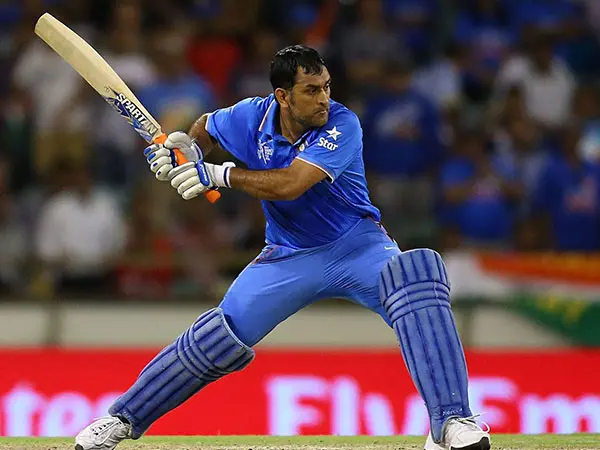



On the night of 2 April 2011, India was chasing a stiff target against Sri Lanka in the Cricket World Cup final. With the match at its most tense point, Mahendra Singh Dhoni decided to promote himself up the batting order ahead of Yuvraj Singh who was widely considered in form. He had not scored heavily all tournament, yet he took on the pressure, stayed calm and finished unbeaten on 91 to seal India’s first World Cup win in nearly three decades. That single decision captures what sport psychology sees as elite leadership, the ability to read a situation, manage emotions and inspire a team when it matters most.
Dhoni’s choices illustrate transformational leadership, a framework that explains how leaders motivate followers through vision, trust and personal example (Newland et al., 2015).
Transformational leaders tend to model the behaviour they hope to see. By stepping in when the stakes were highest, Dhoni showed courage and belief signalling to his teammates that he was ready to shoulder the responsibility. His unflappable demeanour calmed the dressing room and the million fans watching. Research on emotional contagion shows that a leader’s composure can spread through a group, lowering anxiety and improving collective decision making which is exactly what India needed in that high-pressure chase.
His captaincy also aligns with the multidimensional concept of leadership, which contends that three elements must coincide for performance to peak: what the situation requires, what the leader actually does, and what athletes prefer (Chelladurai, 2007). The necessary behavior in the final was to stabilize the innings; Dhoni's actual behavior was to assume the position, and his team's preference was to have unambiguous faith in their captain. By aligning those components, the psychological conditions for success were established. It wasn't a unique incident that night. Dhoni has demonstrated the same cognitive brilliance throughout his career. His ability to regulate his own emotions has earned him the title of "Captain Cool," which fosters an atmosphere where players feel comfortable concentrating on the process rather than the result. Such emotional stability lowers cognitive overload and improves athletes' performance under pressure, according to sport psychology studies (Liu et al., 2023).
Rather than rigid plans, Dhoni uses real time information and an understanding of each player’s temperament. Adaptive leaders keep teams mentally flexible, which is crucial when games swing quickly and pressure spikes. Equally significant, he has confidence in his players. Young cricket players frequently remember how Dhoni trusted them with important decisions and delegated authority to them. Self-efficacy and intrinsic motivation, two factors that have been shown to predict persistent high performance, are increased by that empowerment (Lachore, 2023). He creates what psychologists refer to as psychological safety by taking the blame when the team loses and sharing the credit when it succeeds.
Athletes are more imaginative, resilient, and open to learning from their mistakes in such an environment.
Newland, A., Newton, M., Podlog, L., Legg, W. E., & Tanner, P. (2015). Exploring the nature of transformational leadership in sports: A phenomenological examination with female athletes. Qualitative Research in Sport, Exercise and Health, 7(5), 663–687. https://doi.org/10.1080/2159676X.2015.1007889
Chelladurai, P. (2007). Leadership in sports. In G. Tenenbaum & R. C. Eklund (Eds.), Handbook of sport psychology (3rd ed., pp. 113–135). Wiley.
Liu, W., Zhang, T., Zhou, Z., & Wang, J. (2023). Perceived transformational leadership from the coach and athlete well-being: The mediating role of basic psychological needs. Frontiers in Psychology, 14, 1123450. https://doi.org/10.3389/fpsyg.2023.1123450
Lachore, M. (2023). The impact of coaches’ transformational leadership on athlete satisfaction: Evidence from football teams in the Ethiopian Super League and National League. Ethiopian Journal of Sport, 2(1), 45–58.